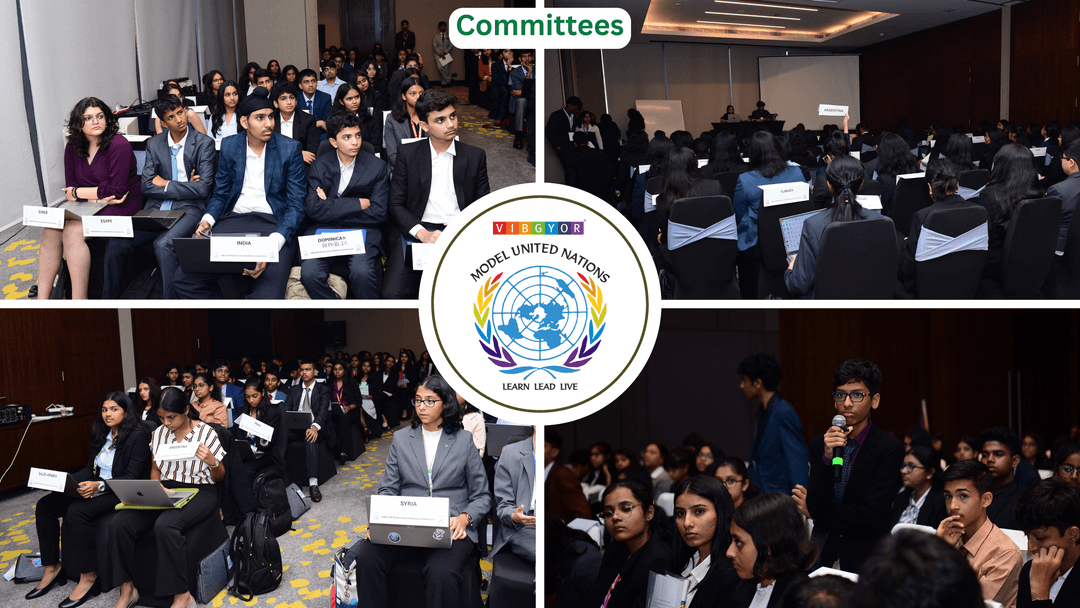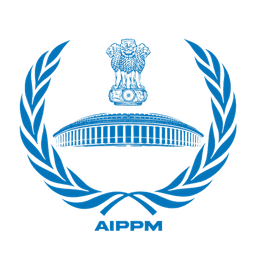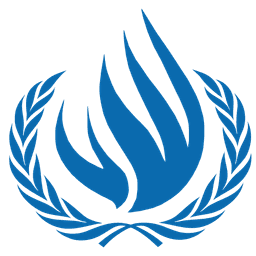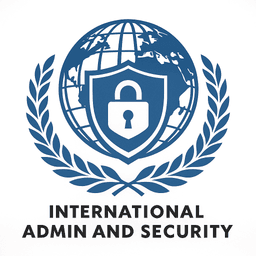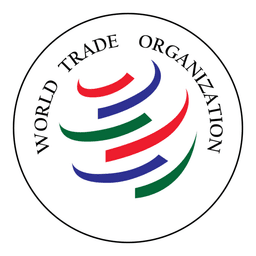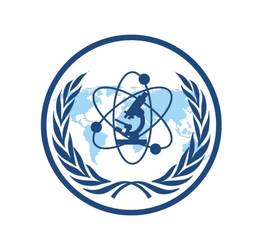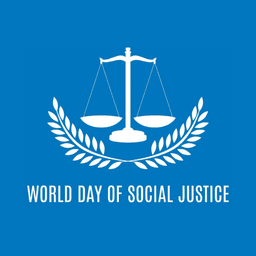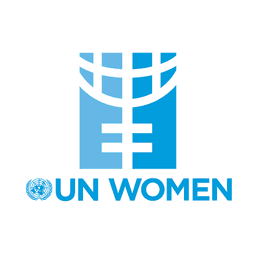UNCRPD
UNCRPD
The United Nations Committee on the Rights of Persons with Disabilities (UNCRPD) is an independent body of experts responsible for monitoring how countries implement the Convention on the Rights of Persons with Disabilities (CRPD). The CRPD, adopted in 2006, is a landmark treaty that seeks to protect and promote the rights, dignity, and inclusion of persons with disabilities worldwide. The Committee ensures that the principles of equality, accessibility, and full participation are upheld by all states that have ratified the convention.
The Committee is composed of 18 independent experts from different regions of the world. Its primary role is to review reports submitted by countries on the steps they have taken to fulfill their obligations under the CRPD.
The Committee plays a crucial role in shaping global norms around disability inclusion. It engages with governments, disability rights organisations, and civil society to promote awareness, develop best practices, and encourage better implementation of disability-friendly policies. Its work strengthens the broader movement toward building societies where persons with disabilities can live independently, access opportunities equally, and participate fully in all aspects of life.

